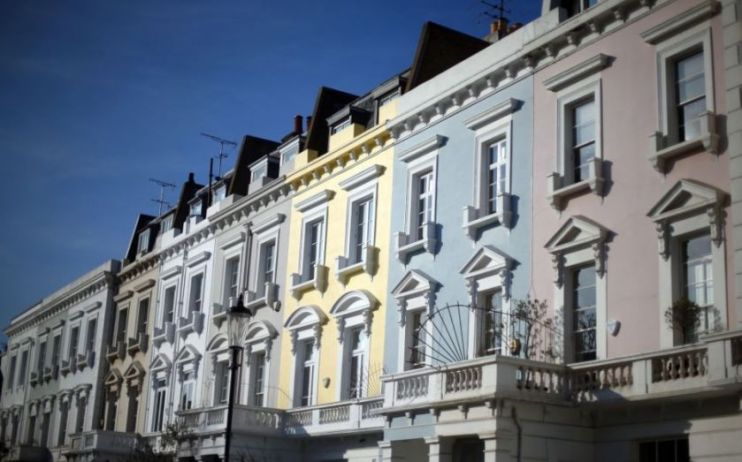UK housing market still steaming despite looming stamp duty break cut off

The looming end of a watered down tax break on house purchases has not cooled the UK’s rampant housing market, according to official figures released today.
Brits took on £21.5bn in mortgage debt last month, up sharply from July’s figure of £16.6bn, shows Bank of England data.
A record low interest rate environment has propped up demand in the housing market as Brits rush to lock in cheaper mortgages.
However, the prospect of rates rising on mortgages is strengthening. The Bank of England signalled last week it has seen strong progress in the UK economy that may prompt it to tighten monetary policy soon.
The watered down stamp duty holiday will end tomorrow, possibly triggered a sharp correction in demand in the property market.
The pandemic has engineered a shift in consumer preferences toward favouring larger houses with access to green space, often outside cities. These properties typically require a larger mortgage to buy.
Martin Beck, chief economic advisor to the EY ITEM Club, said: “There could be another rise in net lending in September, as buyers again race to complete before the tax cut ends.”
Gross mortgage lending remained high despite the number of mortgage approvals ticking down over the last month, dropping to 74,500 in August from 75,100 in July.
Net of repayments, Brits took on £5.3bn in mortgage debt, following a rare net repayment of mortgage debt in July.
Credit card lending rose £200m in August,
Credit card lending rose £200m in August, but this figure was significantly below its pre-pandemic average, according to Tom Pugh, economist at RSM UK.
“With energy price hikes, tax rises and higher fuel costs all eating into household’s disposable income, consumer spending may be about 1 per cent lower in 2022 than we had previously thought,” he said.
Households added a further £9.1bn into savings accounts, a trend that has accelerated ahead of its long term average during the pandemic as Brits saved money that would have been spent if lockdowns had not been imposed.